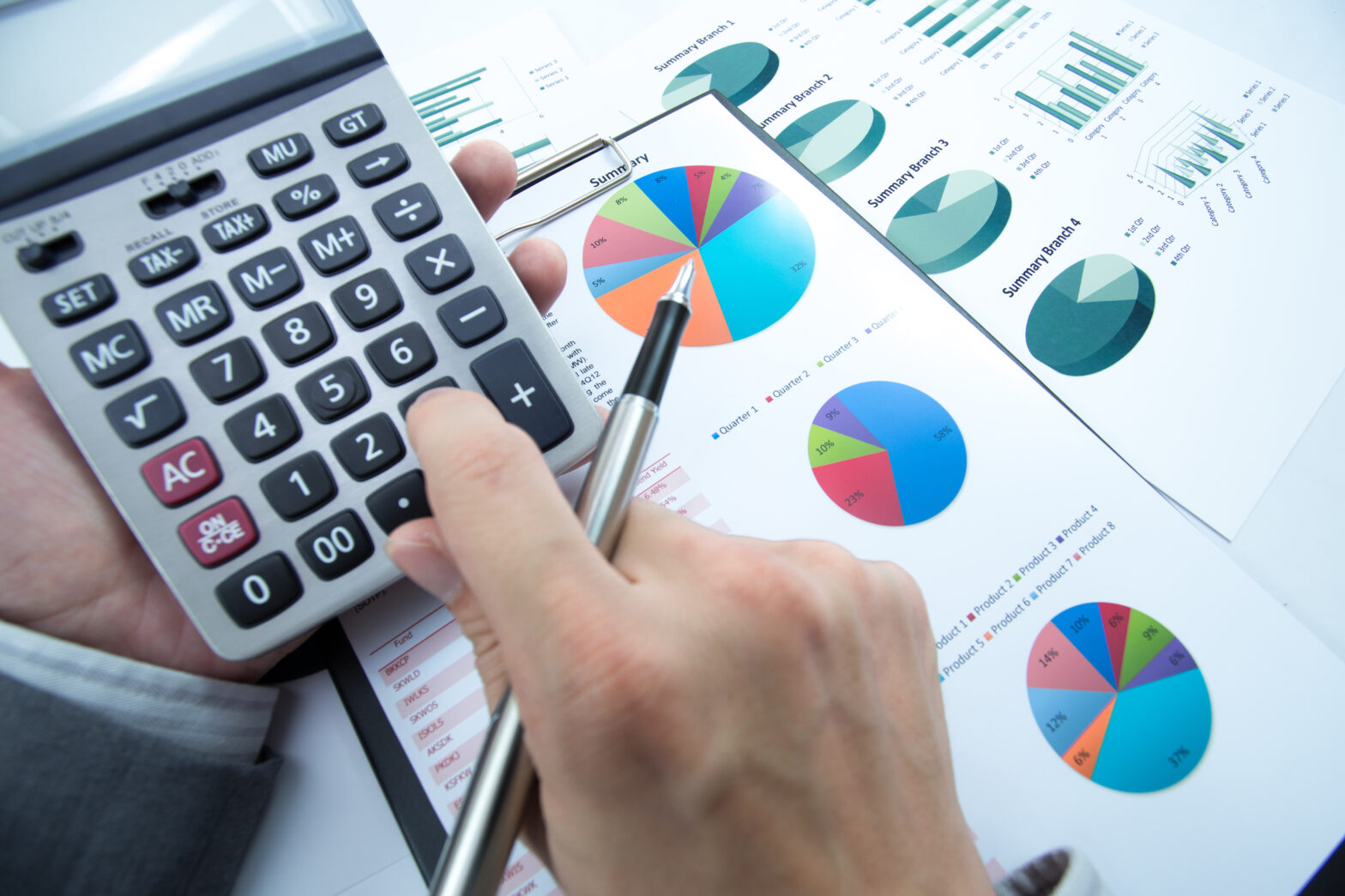The strength of your business depends on its financial health. If your business is small you may be able to handle the job yourself, but the accounting responsibilities will grow bigger and more complex as your business develops. When running a business you want to focus as much time as possible on the products or services you provide. An accountant can handle your financial requirements, leaving you free to concentrate on what you do best.
Finding the right accounting services
When does your business need an accountant? As a rule of thumb, when it is no longer cost-effective (and/or feasible) to handle the accounting duties yourself.
As the accountant’s role may be small at first, many SMEs use an external accountant rather than hiring one in-house. However, the role will grow as the business does, it is therefore important to choose an accountant with whom you can build a long-term working relationship.
When first speaking with an accounting firm you should have an initial discussion with them about the scope of your requirements, the nature of your business and your long-term plans. Invite them to propose how they will support your business going forward, and factor this in when considering their fees.
Your first meeting
Be sure to meet your accountant in person before engaging their services. You will be working closely together, so a personal connection is important.
This is also a good time to talk about their qualifications and experience. It is not a legal requirement for an accountant to hold any qualifications, but you should ensure yours is qualified through one of the recognised UK bodies, eg ICAEW, ICAS, CIMA or ACCA. Also find out if they are a chartered accountant – chartered status is an internationally recognised level of professional standing.
Most accountants will display their certificates in their offices. You can also double-check by contacting the relevant organisation.
Be sure to discuss your accountant’s fees. An accountant’s job is to save you money overall (while protecting you from certain risks), so ask them to explain the ways in which their services will deliver value.
The developing role of your accountant
If you are a sole trader, your main accounting concerns will be paying the right amount of income tax and National Insurance.
Currently, if your taxable turnover rises over £85,000 in a 12-month period, you will also need to register for VAT and submit a return once a quarter. Keeping track of VAT becomes increasingly complex the more you trade, so is best left to your accountant.
If your business is a limited company, it will have to pay corporation tax on its profits. To pay the right amount, profits must be offset against losses in the same accounting period, which in turn requires rigorous bookkeeping.
Depending on the nature of your business, you will need various kinds of business insurance. Your accountant can help you work out your requirements in this area, while a financial adviser can help you find the most suitable policies.
As you take on more staff, your accountant may also need to handle the payroll to ensure everyone is paid accurately and on time. They will also have to prepare the financial statements (financial reporting), and may also conduct internal audits and help you prepare for external audits.
Karen Barrett is founder and CEO of Unbiased.





